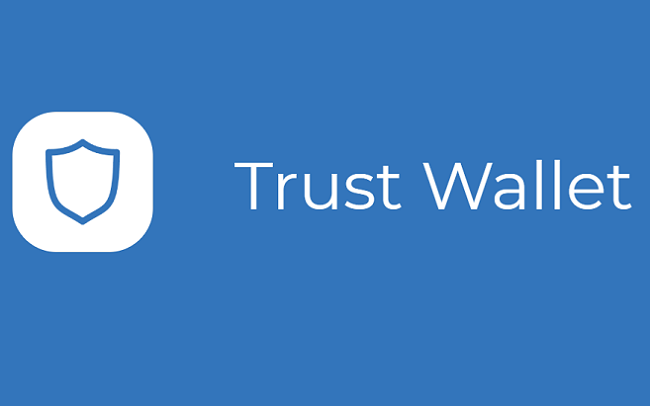Cryptocurrency exchange Binance has announced that its official crypto wallet app, Trust Wallet, will soon allow users to stake crypto.
Staking, the company explained, is the act of holding cryptocurrencies as part of the process of running blockchains that use Proof-of-Stake (PoS) consensus mechanism. It gives crypto holders the ability to vote on changes in the blockchain and receive income for validating transactions.
Binance said that launching this feature will also add the opportunity for Trust Wallet to support PoS cryptocurrencies and other related assets.
In addition, Trust Wallet has added Tezos wallet support. In an online post dated April 03, it said:
“In our next iteration, tentatively planned for end of Q2 2019, we will add native support for the delegation of all users who would like to stake their tokens and participate in the Tezos on-chain governance.”
In July 2018, Binance acquired Trust Wallet, an open source, decentralized and anonymous mobile wallet application. Trust Wallet already supports Bitcoin, Ethereum, Litecoin, Tron, XRP, all ERC20 tokens, and other digital currencies.
Tezos is currently among the top 20 cryptocurrencies by market cap.
“Tezos is a leading on-chain governance and PoS protocol and we are excited to work together to bring staking and delegating mechanisms to Trust Wallet mobile users, which allows everyone to be a participant in securing the network and validating transactions,” said Viktor Radchenko, Founder of Trust Wallet.
Last week, Coinbase Custody had also announced staking support for Tezos, with plans to add governance support for the Maker (MKR) protocol.























Comment 19